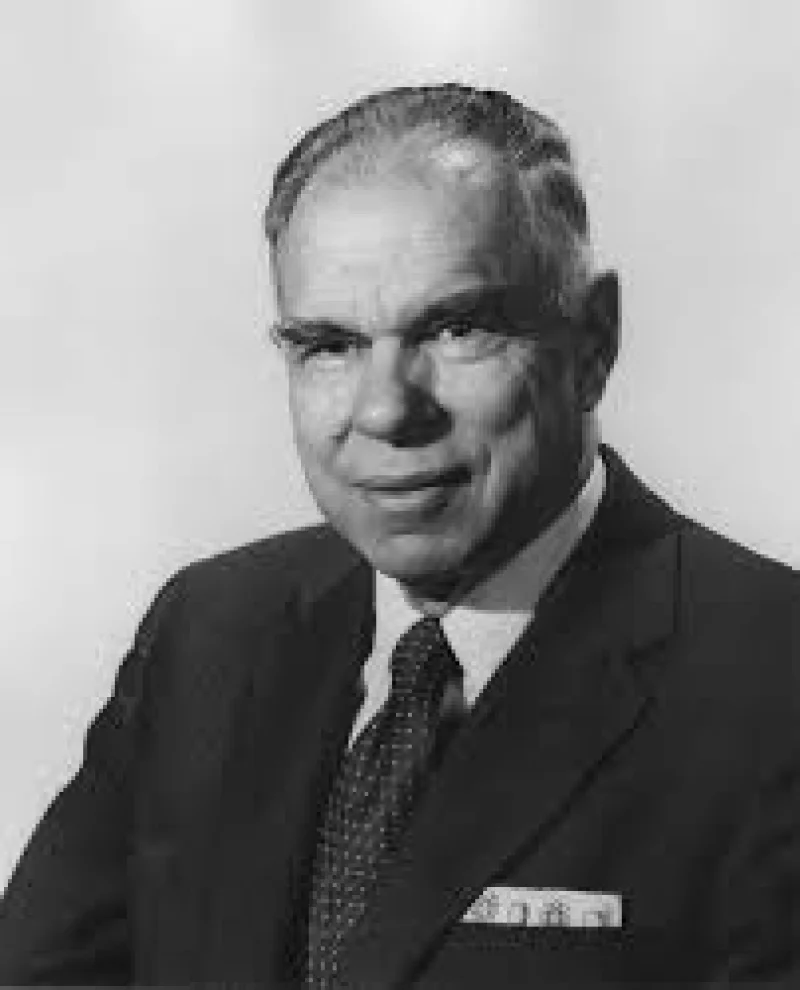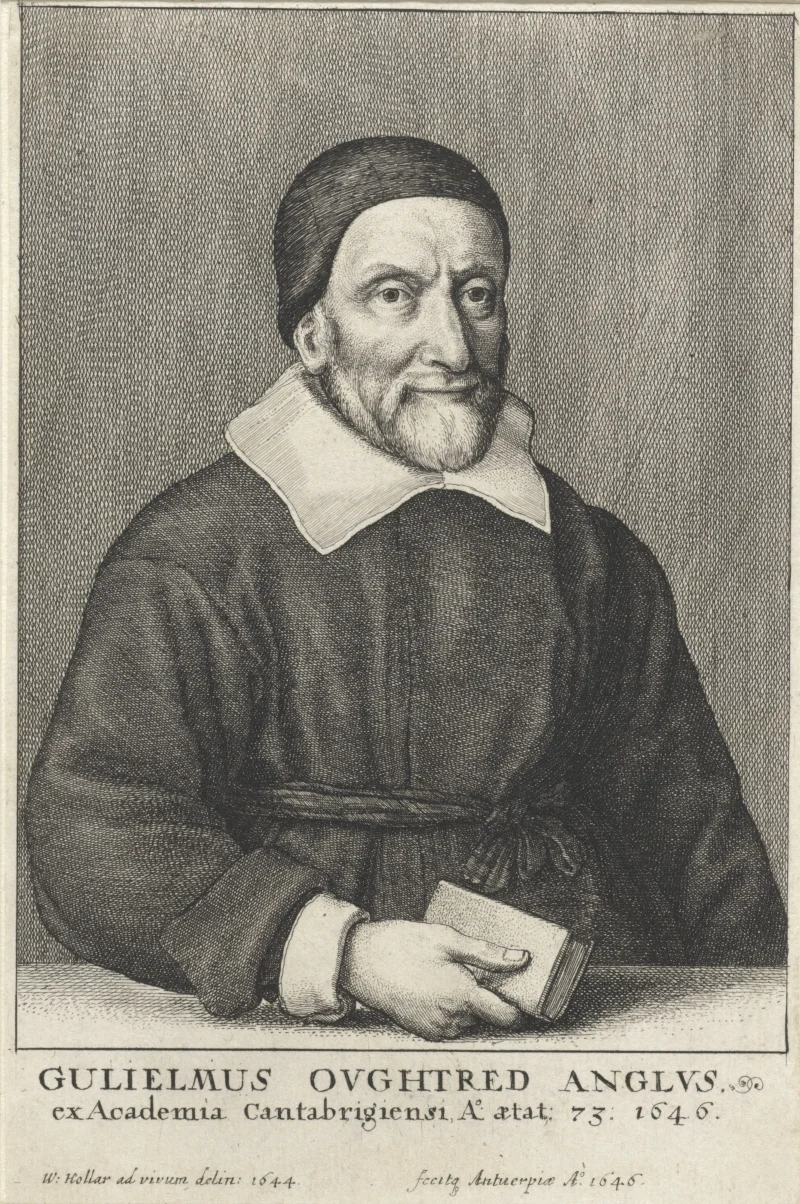Short Summary
Claude Bernard was a pioneering French physiologist whose work laid the foundation for modern experimental medicine. He is renowned for his introduction of the scientific method in physiology, making significant contributions to our understanding of the body's internal environment, or "milieu intérieur." His research on the functions of the pancreas, liver, and vasomotor nerves paved the way for future discoveries in biology and medicine. Bernard's legacy endures as a central figure in scientific inquiry and physiological research.
Early Life & Education
Claude Bernard was born on July 12, 1813, in Saint-Julien, France, into a family of modest means. His early education took place in the local village, where he demonstrated a keen interest in the sciences. Initially pursuing a career in literature, Bernard moved to Paris with aspirations of becoming a playwright. However, under the guidance of his mentor, François Magendie, his focus shifted to the field of medicine. Attending the University of Paris, Bernard excelled in his studies, ultimately graduating as a doctor of medicine in 1843. This educational period was crucial in shaping his future contributions to physiology.
Career Highlights
Bernard's career in physiology began in earnest with his appointment as Magendie's assistant at the Collège de France. His meticulous research led to groundbreaking discoveries, such as the role of the pancreas in digestion and the glycogenic function of the liver. He was appointed professor at the Collège de France and later became a member of the French Academy of Sciences. Bernard's influential work, "An Introduction to the Study of Experimental Medicine," published in 1865, established him as a leading figure in the scientific community. His career was marked by a dedication to applying experimental methods to understand physiological processes.
Major Achievements
- Developed the concept of "milieu intérieur," emphasizing the importance of a stable internal environment for physiological processes.
- Discovered the glycogenic function of the liver, demonstrating its role in glucose production.
- Identified the role of the pancreas in digestion, particularly in the breakdown of fats.
- Pioneered the use of experimental methods in physiology, setting a standard for future scientific research.
- Published "An Introduction to the Study of Experimental Medicine," a seminal work in the philosophy of science.
Famous Quotes
- "The experimenter who does not know what he is looking for will not understand what he finds."
- "Art is I; Science is We."
Interesting Facts
- Bernard initially pursued a career in literature before turning to medicine.
- He is often referred to as the "father of modern physiology."
- Bernard was an advocate for humane treatment of animals used in scientific experiments.
- He faced significant opposition from the medical community for his innovative ideas.
- Bernard's work greatly influenced the development of experimental psychology.
Legacy / Influence
Claude Bernard's legacy in physiology and medicine is profound. His insistence on rigorous experimental methods transformed scientific inquiry, laying the groundwork for modern biomedical research. His concept of the "milieu intérieur" remains a cornerstone in understanding physiological homeostasis. Bernard's contributions continue to inspire scientists and researchers, reinforcing the importance of a systematic approach to scientific investigation. His work bridged the gap between theory and practice, establishing standards for future generations.
FAQ
Q: Why is Claude Bernard famous?
A: He is famous for his pioneering work in physiology and his introduction of experimental methods in medicine.
Q: What is the "milieu intérieur"?
A: It is the concept of a stable internal environment crucial for normal physiological function.
Q: What were Claude Bernard's major discoveries?
A: His major discoveries include the glycogenic function of the liver and the digestive role of the pancreas.











